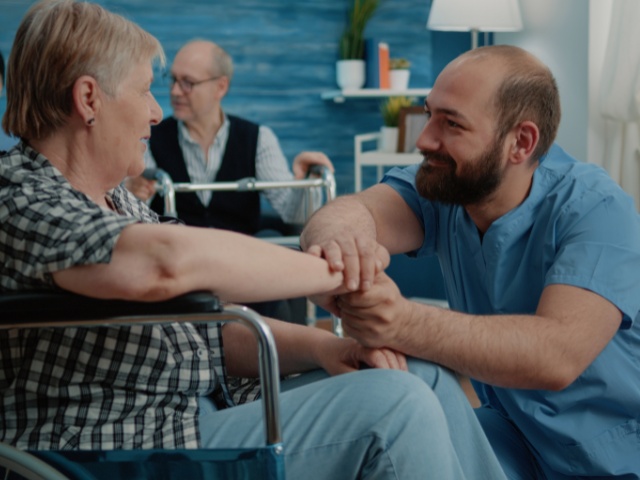
Coping with Chronic Illness: Practical Strategies
Introduction
Chronic illnesses such as diabetes, hypertension, or degenerative conditions can create ongoing, sometimes lifelong, challenges. Yet with proper management, many individuals not only cope but thrive. Kerala’s healthcare framework, supported by palliative centers and homecare services, offers a wealth of resources to help patients maintain a high quality of life.
Understanding the Illness
Knowledge is the first step toward effective management. Understanding the nature of one’s condition, triggers for flare-ups, and potential complications can significantly reduce anxiety. Health professionals often recommend educational sessions for patients and caregivers to clarify myths, discuss treatment options, and set realistic goals.
Lifestyle Adjustments
Adopting a balanced diet, staying physically active, and monitoring vital signs are crucial. For example, patients with diabetes might benefit from routine blood sugar checks, while those with heart conditions should track their blood pressure. Many local palliative and rehabilitation centers can provide home visits for regular check-ups, ensuring early detection of anomalies and faster interventions.
Emotional Support and Counseling
Chronic conditions take a toll on mental well-being. Persistent pain or limited mobility can lead to frustration and depression. Individual counseling or support groups serve as safe outlets to express fears and share coping techniques. Some people find solace in meditation, yoga, or spirituality—practices widely embraced in Kerala’s holistic culture.
Community Resources
In Kerala, community-based programs and volunteer networks frequently assist with meal deliveries, medication reminders, and transportation to medical appointments. Tapping into these resources can significantly lighten a patient’s daily load. Additionally, many local NGOs partner with healthcare providers to supply free or low-cost medical equipment like wheelchairs and walkers.
Adaptive Equipment
Simple modifications can make a big difference. Grab bars in bathrooms, specialized mattresses, and ergonomic chairs reduce discomfort and prevent accidents. For those with respiratory issues, portable oxygen concentrators or nebulizers can offer relief without tying them down to a hospital bed.
Self-Care and Routine
Establishing a consistent routine can help in managing symptoms and medications. Scheduling regular meal times, set sleeping hours, and planned exercise regimes bring structure. These routines foster independence, boosting confidence and mental well-being.
Conclusion
Coping with a chronic illness is an ongoing journey that demands persistent effort and a supportive environment. With the right blend of medical care, lifestyle adjustments, and emotional support, individuals can lead fulfilling lives despite their diagnoses. In Kerala, organizations like VPRC exemplify how community-driven initiatives can form a critical safety net, ensuring that no one has to face chronic illness alone.





